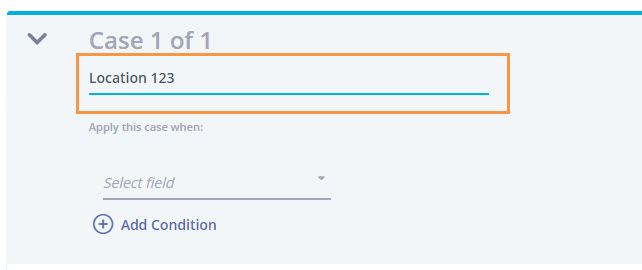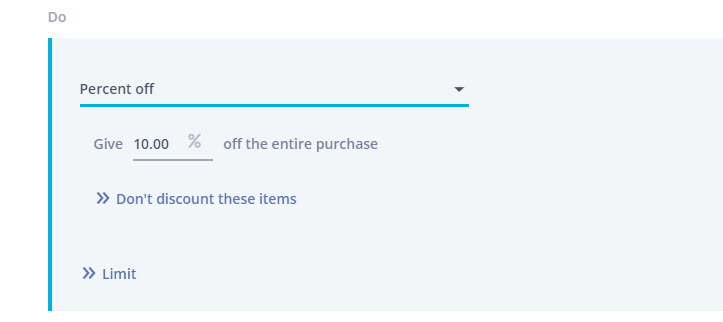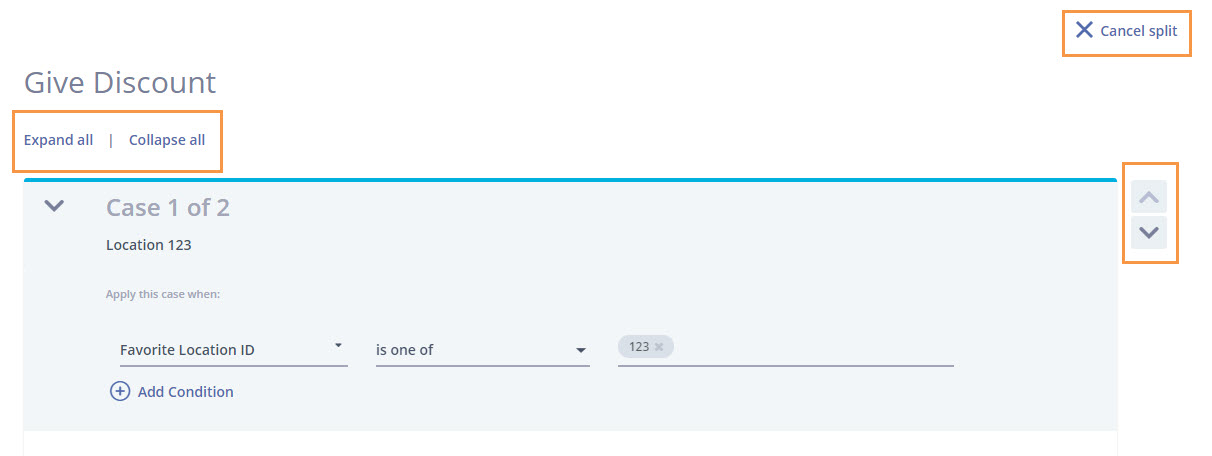When you create an activity in the Campaign Center, you can split it into several cases to perform a different action or discount for different scenarios. For example, give:
- Punch cards for beer to members 18+ and for coffee to younger members
- Different discounts for different days of the week, or hours
- Students 15% off their purchase, and other members 10% off
- Different joining gifts for different locations based on the member's Home Location
📚 In this article...
Create Cases
To split an activity into several cases:
- From the activity, click Split to several cases.

- Optional: You can enter a case description.

- Select the condition for when this case should apply.

💡 Important Notes:
- Only one case can be applied to a specific member for each activity. If the conditions of multiple cases are satisfied, the first case will apply.
- If you add general conditions in the "When" section, these conditions will apply to all cases.
- If you add multiple conditions for the same case, all conditions must be satisfied for the case to apply.
- Add the action or discount for this case.

- Click Add another case and repeat the configurations above.
NOTE: When you add another case, it is automatically created with the same type of condition as the first. However, you can delete this condition and add a different one if needed.
Manage Cases
You can manage the cases you created as follows:
- Cases can be displayed as a summary or in detail. Click Expand all to view all the cases in detail or click Collapse all to view them in summary view.
- Click Cancel split to cancel the different cases (but note that all the cases will be deleted and you'll have to re-configure the action).
- Use the arrows to change the case priority, since the order of the cases is important. The actions of only the first case that applies to the member is performed. For example, suppose Case 1 applies when a member spends over $100, and Case 2 applies when a member spends over $200. If a member spends $300, then Case 2 should apply. But if Case 1 is before Case 2 in the list, Case 1 will apply since $300 is over $100.
